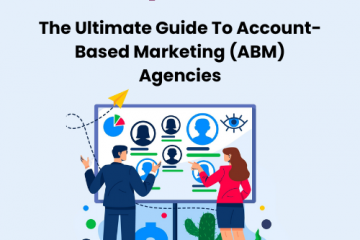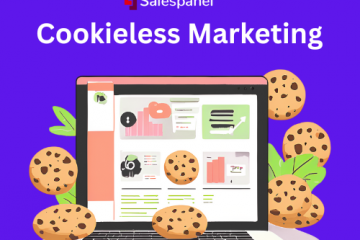Personalization at Scale – Making Every Customer Feel Special
The human need to feel understood and values reign supreme when it comes to purchasing decisions. Buyers like to buy and not being sold to.
Personalization in tech has been present in one form or another for quite some time now. The recent advancements have only added to its effectiveness. While this has also resulted in overall higher customer expectations, these can be met in clever ways.
The next frontier for B2B and SaaS firms is to succeed in implementing personalization at scale. Thanks to advancements in machine learning and AI technology, it is now very much possible to make each customer feel important, valued and understood.
But, how?
Let’s start from the top.
Why Does Personalization Matter?
For B2B businesses, personalization emerges as a pivotal force driving effective marketing operations. It is the strategic art of tailoring interactions, content, and solutions to resonate intimately with individual clients.
Going by the numbers, it was reported that almost 90% of consumers consider brands that can showcase that they know about the customers and care for them. Personalization helps you achieve these two objectives.
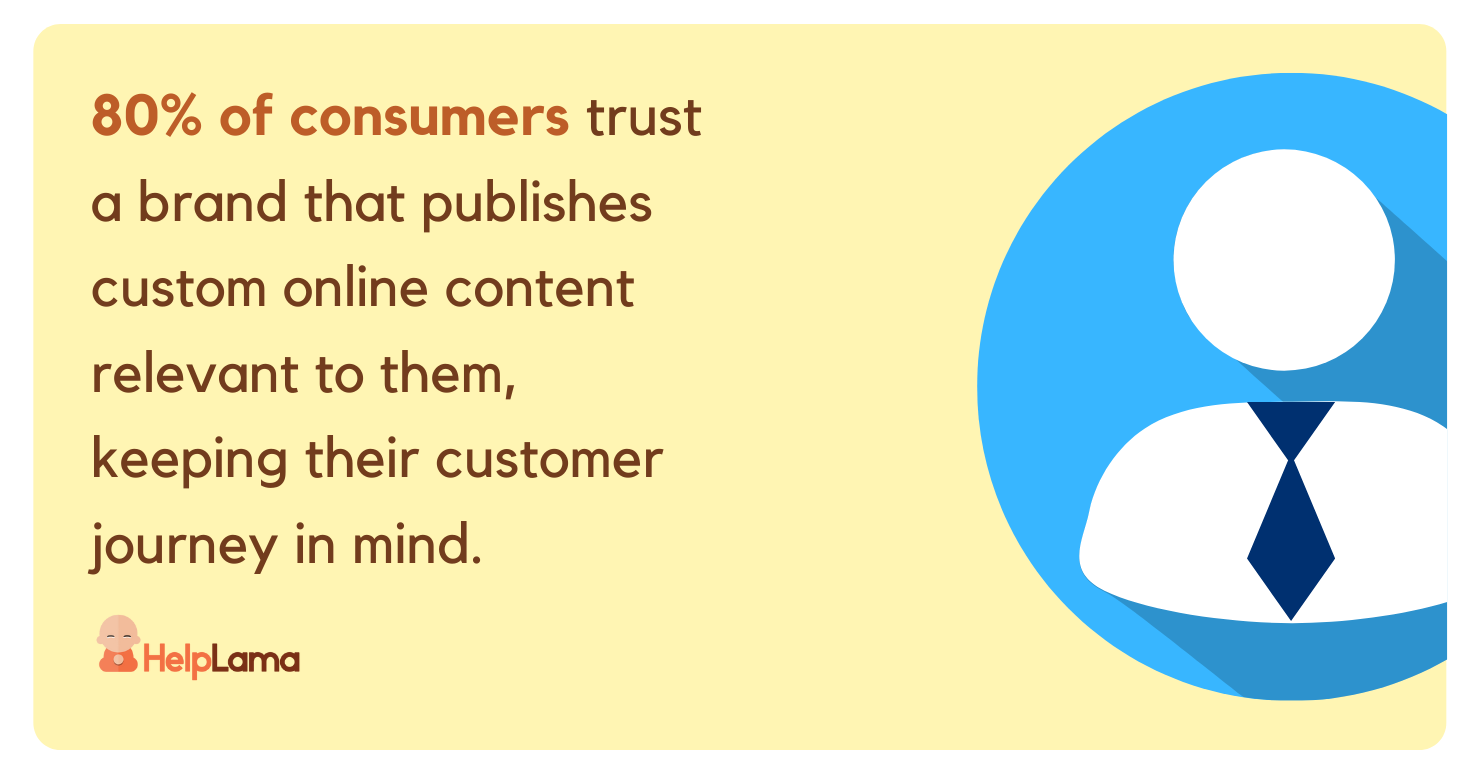
Source: Helplama
This approach, often fueled by data analytics, transcends the generic, fostering a profound connection that garners attention and cultivates trust.
Personalization instills relevance and value, a duo that fortifies customer engagement. By deciphering client behaviors, preferences, and pain points, B2B enterprises can orchestrate precise offerings and experiences. Such efforts minimize the sense of being just another transaction and amplify the perception of being an esteemed partner.
Moreover, personalization expedites the conversion journey. Customized content, product recommendations, and targeted communications expedite decision-making. The results? Successful implementations have yielded a 300% better conversion rate.
In a competitive landscape, standing out necessitates catering to unique needs comprehensively.
Data and Its Role in Personalization
Personalization begins with data about your customers. Data plays multifaceted roles in the realm of personalization, lending its power to craft tailored experiences. Here are the key roles it assumes:
Insight Generation
Data fuels personalization by providing insights into customer behaviors, preferences, and interactions. By analyzing this data, businesses gain a comprehensive understanding of their audience and what they are interested in. This helps to deliver personalization at scale through marketing that resonates more with the target audience. You address their pain points and challenges through your campaigns. Instead of telling them what you have, you are able to show what they want. Thus, you have their attention for longer and make a positive impact on the decision making process.
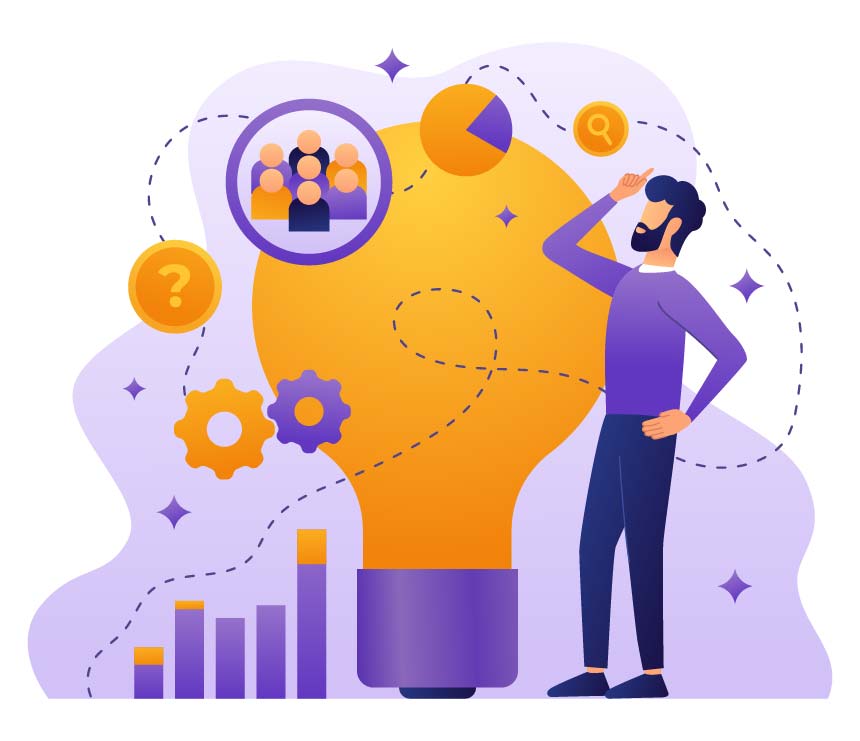
Segmentation
Data allows the segmentation of the audience into distinct groups based on demographics, buying history, interests, and more. This segmentation enables targeted messaging and content delivery, ensuring that each group receives relevant information. Plus, you are able to more effectively reach target audiences that are relevant to your business.

Additionally, data also allows the segmentation of customers into cohorts corresponding to their position in the buyer journey. Thus, the most suitable content can be delivered to them so they advance through the sales pipeline quickly.
Content Customization
It is through content that you communicate and engage with your potential customers. Thus, getting content right to deliver personalization at scale is important as the outcomes rely heavily on how effectively it was personalized.
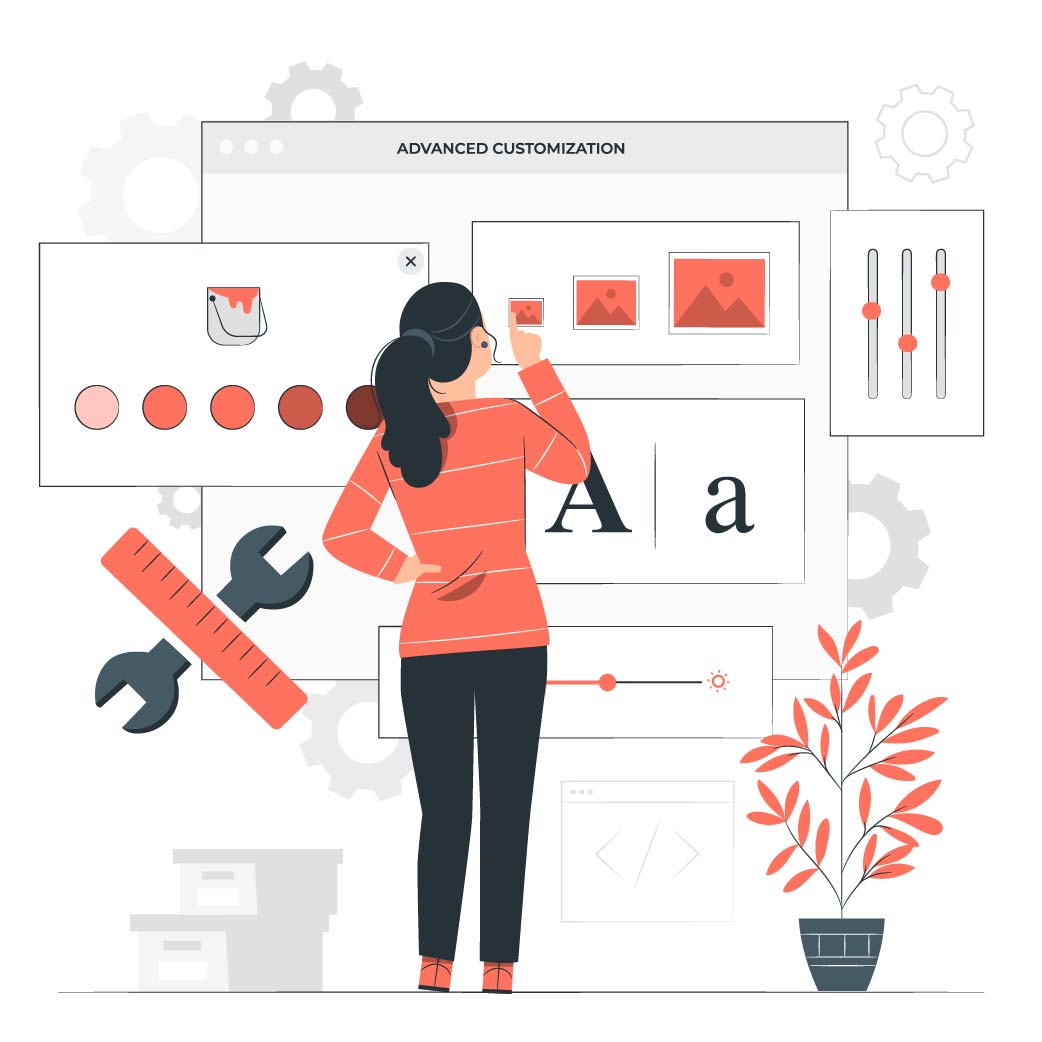
With data, businesses can craft personalized content. This ranges from product recommendations to dynamic website experiences. It not only captivates the audience but also enhances engagement and conversion rates.
Predictive Analysis
Data-driven predictive models forecast customer behavior, aiding in anticipatory personalization. Businesses can foresee needs and preferences, enabling them to proactively offer solutions or suggestions. Getting the right piece of information to the right person at the right time can make a big difference in your sales process.
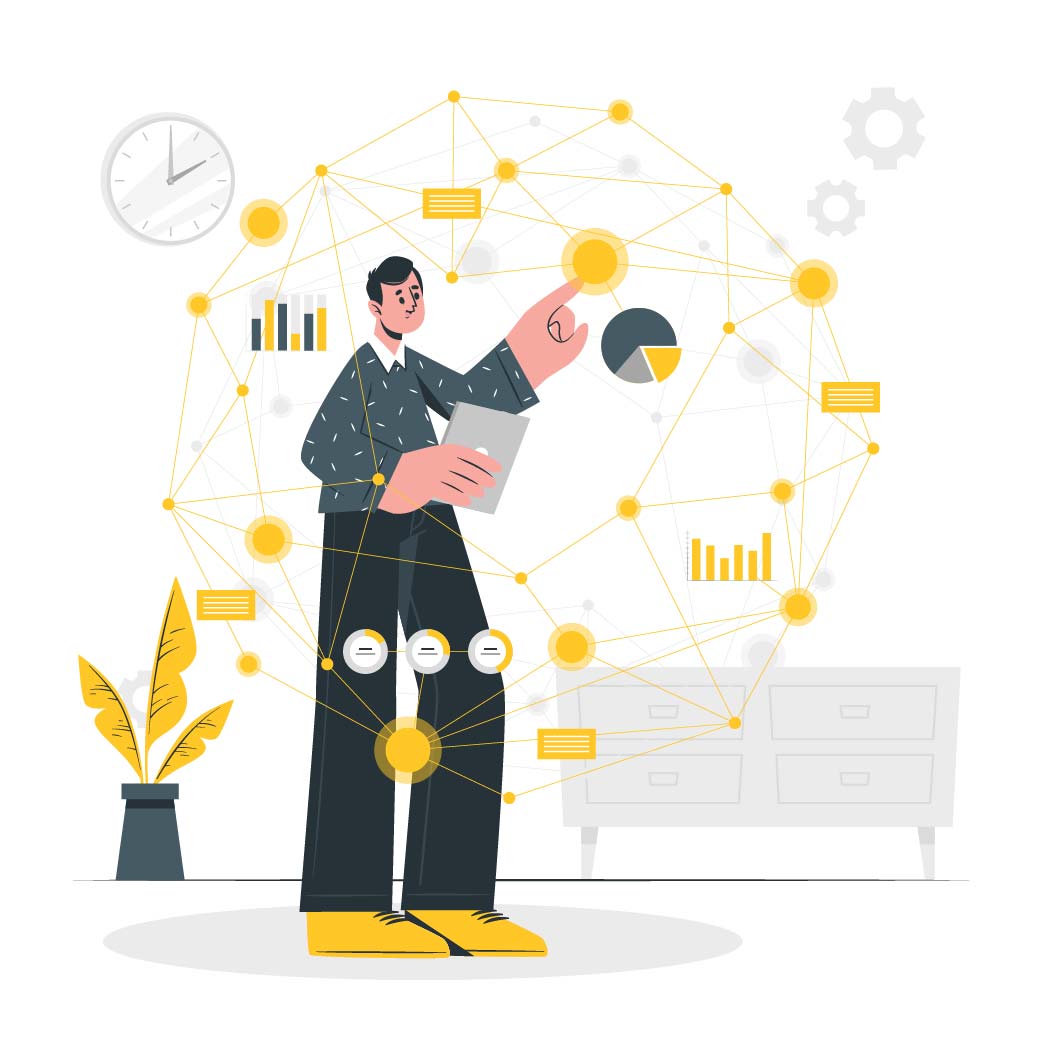
A/B Testing
A/B testing is an important tool for any B2B or SaaS marketer. With a little experimentation, you can optimize your marketing efforts to yield better results.
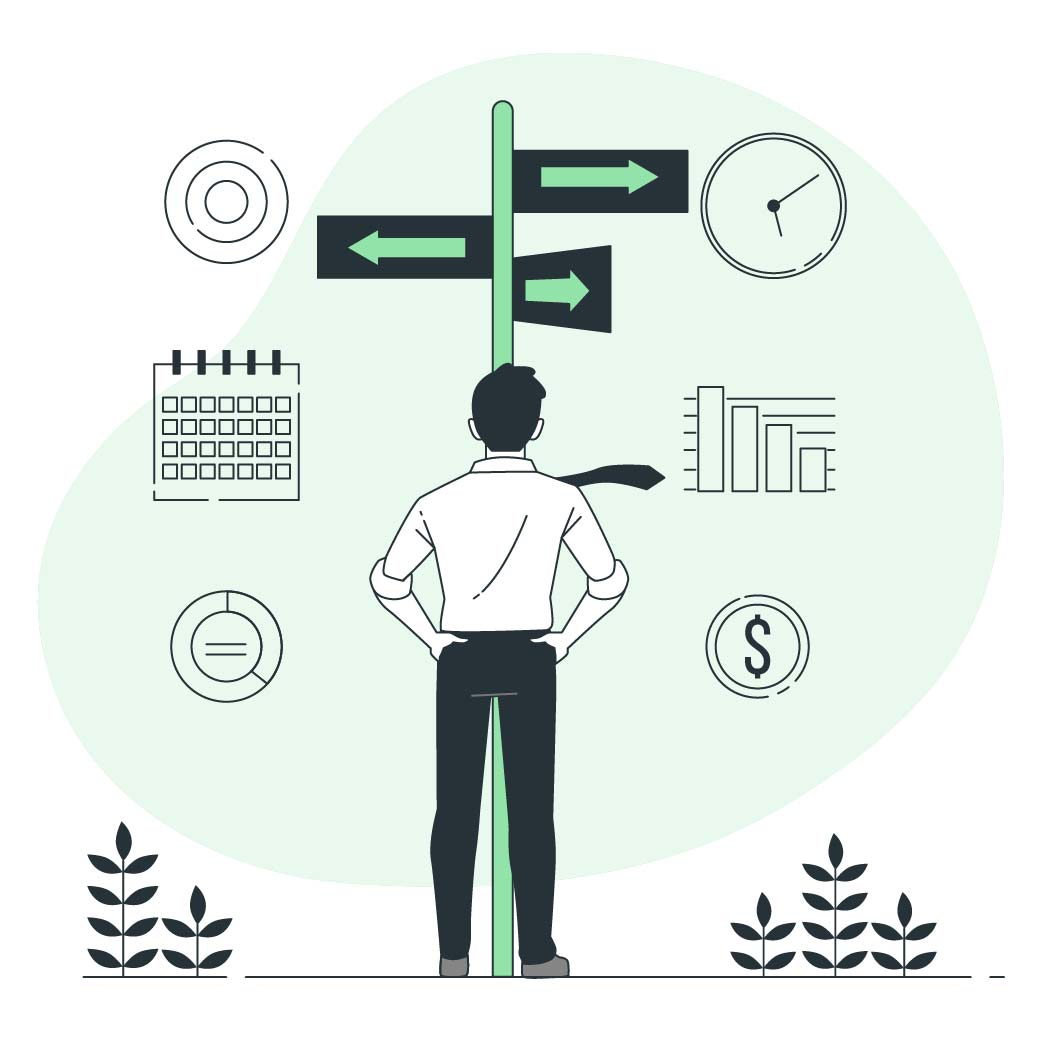
Data-driven A/B testing can help optimize personalization at scale strategies. By analyzing response rates to different variations, businesses can refine their approaches, ensuring the most effective personalized experiences.
User Journey Mapping
The B2B customer journey is a long and complicated one. More often than not, multiple decision-makers are a part of this customer journey.
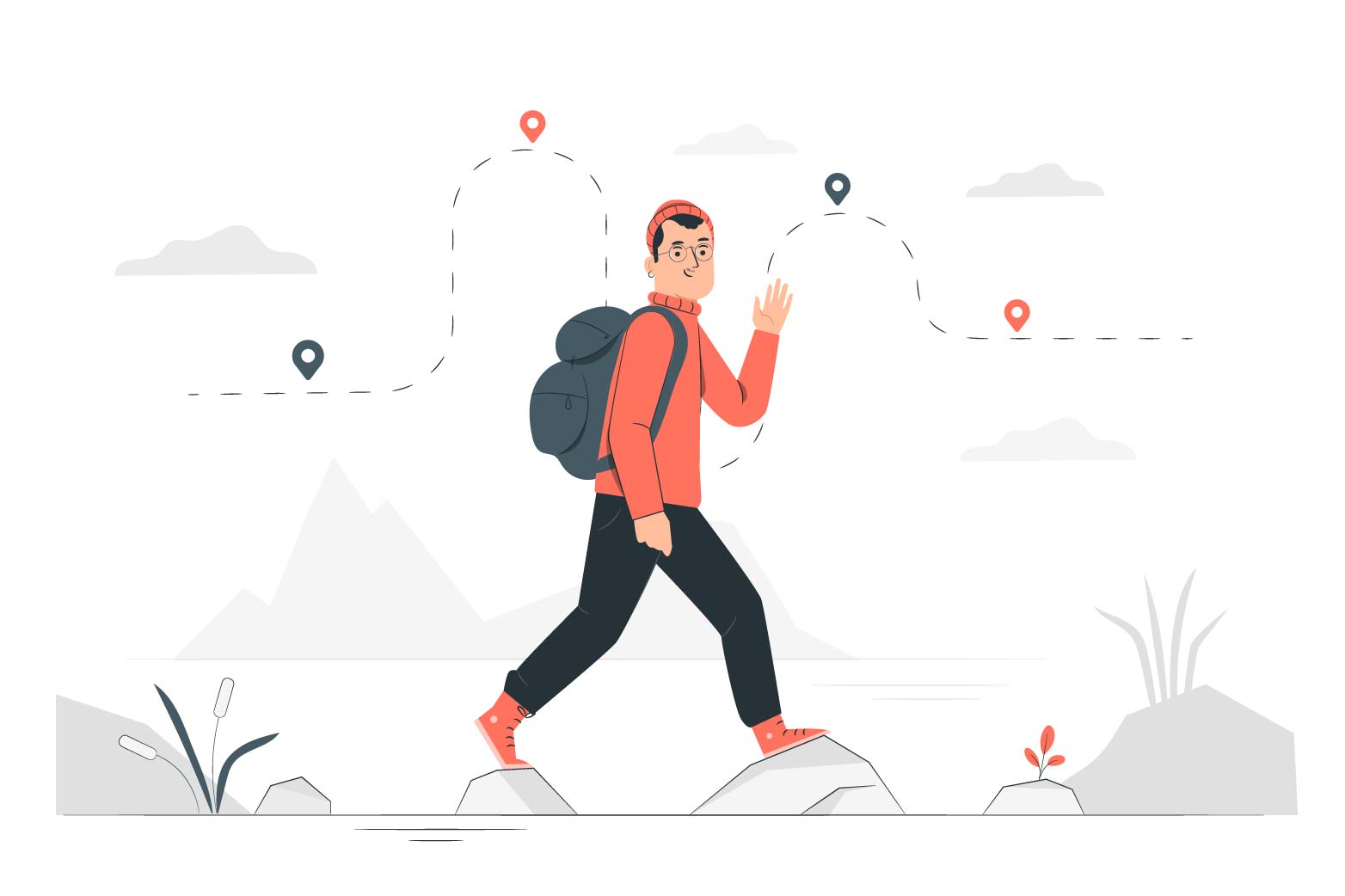
Data illuminates the customer journey, pinpointing pain points and moments of delight. This guides the creation of seamless, personalized journeys that address individual needs at each touchpoint.
Feedback Loop
Personalization is not a set-it-and-forget marketing function. It is dynamic and needs to be calibrated regularly to maintain effectiveness. Data-driven personalization fosters a feedback loop. Engaging with personalized content elicits responses that, in turn, generate more data. This cyclical process refines personalization at scale strategies continually.
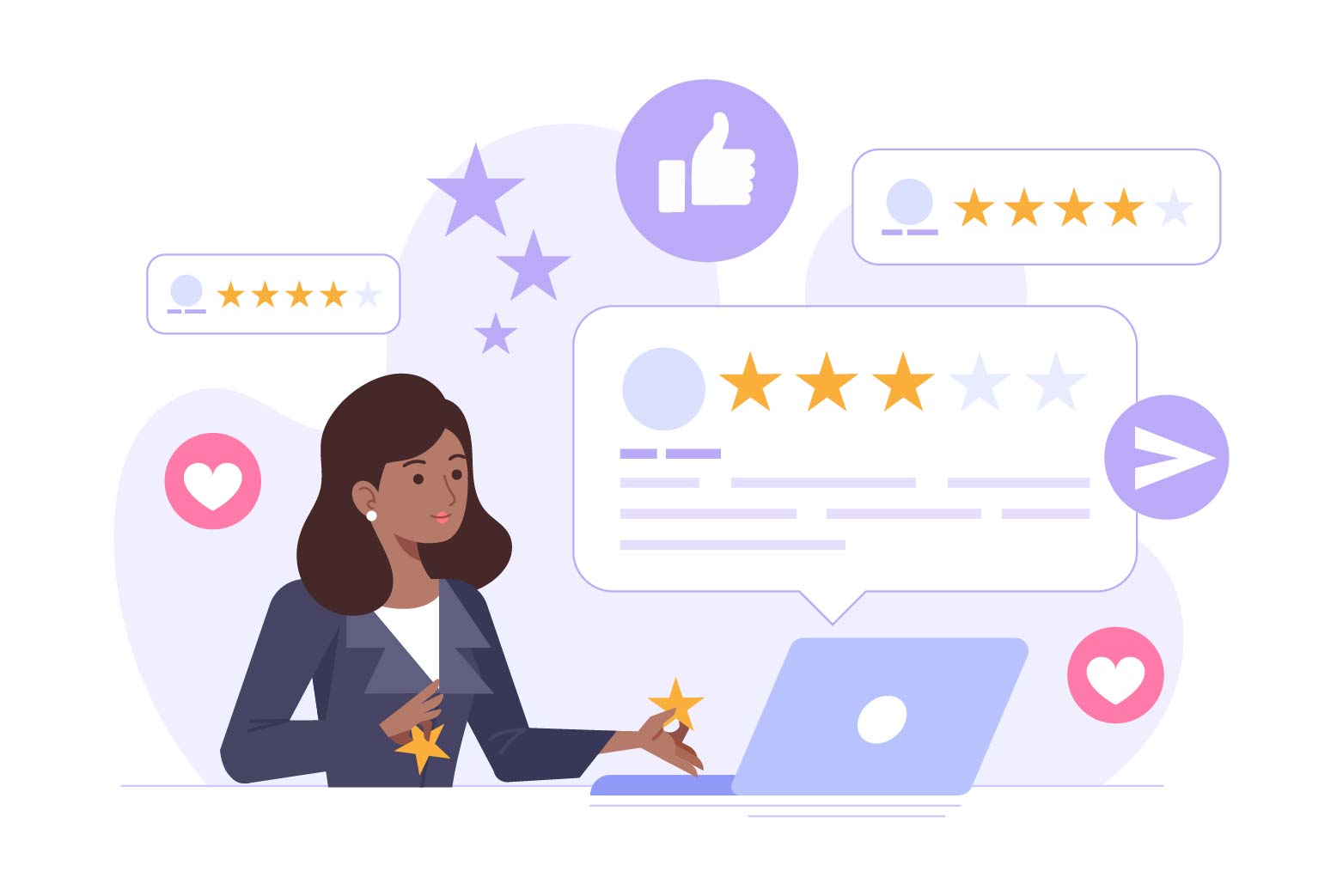
Data aids businesses focus their personalization at scale efforts on high-value segments. By nurturing relationships with both new and existing customers, businesses can maximize long-term profitability.
Scaling Personalized Customer Experiences
Personalization at scale is complex to implement and demands careful attention and resources. However, no one doubts its effectiveness and the other benefits it offers.
Let us start with the benefits.
Benefits of Scaling Personalized Customer Experiences
- Enhanced Customer Engagement: Personalization at scale cultivates deeper connections with customers. Tailoring interactions and content to individual preferences fosters higher engagement, as customers feel understood and valued.
- Increased Customer Loyalty: Personalized experiences build trust and loyalty. When customers receive relevant recommendations and solutions, they are more likely to return, reducing churn rates and boosting long-term profitability.
- Improved Conversion Rates: Tailoring offerings based on customer data leads to higher conversion rates. Personalized recommendations cater to specific needs, expediting purchase decisions and increasing sales.
- Higher Customer Satisfaction: Meeting individual needs and preferences elevates overall satisfaction. Customers appreciate businesses that make their interactions seamless and relevant, resulting in positive reviews and word-of-mouth referrals.
- Data-Driven Insights: Personalization at scale generates extensive data on customer behavior and preferences. This data can be leveraged to gain insights into market trends, and further refine strategies and offerings.
So all in all, the benefits of personalization at scale are significantly amplified. However, there are certain challenges that need to be overcome before one can successfully implement personalization at scale.
Let us take a look at these challenges.
Challenges in Scaling Personalized Customer Experiences
- Data Privacy and Security: Personalization at scale requires substantial customer data, raising concerns about privacy and security. Striking a balance between personalization and data protection is crucial to maintaining customer trust. Crossing that thin ethical line between ensuring data privacy and maximizing profits can spell disaster for your firm. So exercise caution!
- Resource Intensiveness: Personalization at scale demands significant resources, from data collection to analysis and content creation. Scaling these efforts can strain budgets and operational capacities.
- Complexity of Implementation: As personalization scales, the complexity of implementing and managing the systems increases. Integrating various data sources and maintaining consistent experiences across channels can be challenging.
- Maintaining Authenticity: Automated personalization can sometimes come across as impersonal or insincere. Striking the right balance between automation and the human touch is essential to maintain authenticity.
- Managing Customer Expectations: Successful personalization at scale can raise customer expectations. Delivering consistent and relevant experiences across the entire customer journey becomes imperative to meet these expectations.
Using Salespanel for Creating Personalized Experiences
Shameless plug but we did not want to end the article without telling you how Salespanel can help you personalize customer experiences at a scale using marketing data.
Salespanel is a market-leader in B2B account matching. We are able to do this through our partnerships with leading data vendors. Identifying accounts in your funnel and their buying intent is key to personalizing their experience while they are actively engaging with your marketing content and landing pages. Our solution helps you know when target accounts and leads visit your website and optimize their experience on any scale.
Qualifying visitors and turning them into leads in real-time is another capability of Salespanel. Combine it with first-party intent data and now you know which qualified leads are hot and ready for a sales call. You will also know their pain-points and requirements as Salespanel visualizes their entire customer journey.
So the only thing left to do is produce personalized content for all client personas.
When it comes to overcoming challenges, Salespanel is GDPR compliant and only uses first-party data. Thus, the greatest concern of modern times, data privacy and security, is eliminated. We help you use public account information and the data your prospects choose to share with you.
If this sounds interesting, reach out to us. We would love to discuss how we can help.
Final Thoughts
Customers love the special treatment. It not only makes them happy, and feel important but showcases that you understand them. This goes a long way in converting clients and keeping them with you in the long run.
Happy customers are not only good for your bottom line but can also act as spokespersons for you. This opens more doors for you so you can get even more clients and grow your revenue.
Sell more, understand your customers’ journey for free!
Sales and Marketing teams spend millions of dollars to bring visitors to your website. But do you track your customer’s journey? Do you know who buys and why?
Around 8% of your website traffic will sign up on your lead forms. What happens to the other 92% of your traffic? Can you identify your visiting accounts? Can you engage and retarget your qualified visitors even if they are not identified?
